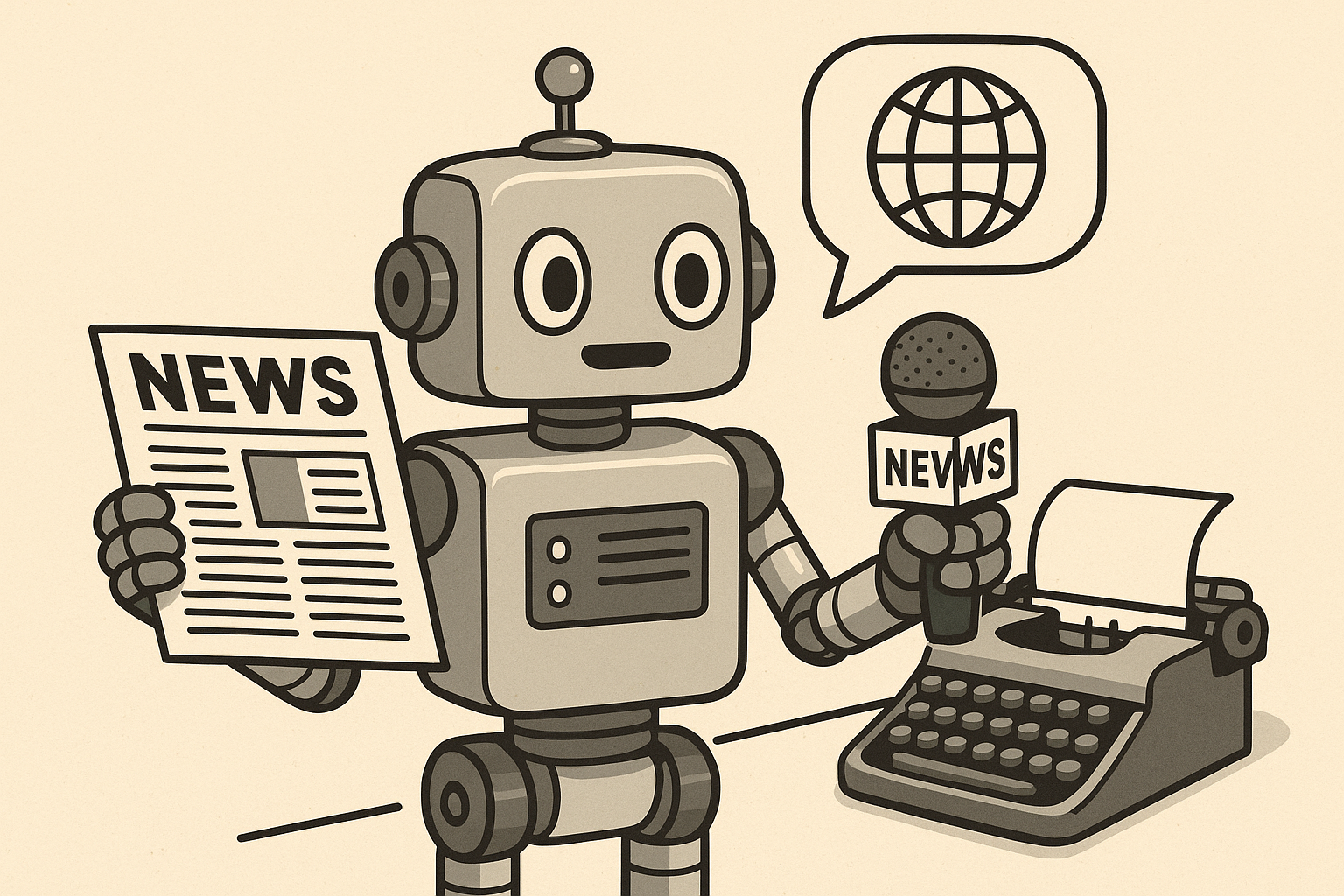AI in the Newsroom
I first encountered tech-assisted journalism back in the 2010s when the wire agencies started automating the publishing of economic data. The bots would scrape government sites when the data went live and publish (very quickly) a mostly pre-written story.
It was fast, efficient, and also buggy. We had to pause using the stories because they often pulled old data or the wrong numbers. No journalists felt threatened by this innovation.
Things are much different now. AI is bringing anxiety to newsrooms (and not just because of the constant undermining done by AI misinformation). The easier stuff you would have thrown to junior reporters, such as data stories or market wraps, can be done much more quickly, and quite passably, by AI. Many other newsroom functions will be affected.
I was asked recently if there are any reasons to be optimistic about AI’s impact on journalism. We see AI companies making deals with publishers for the right to use their content. Compared to what social media platforms have done, this seems like a positive although it likely won’t offset declining ad revenues or boost subscriptions to the news sites.
Taking the most optimistic view I can (challenging enough for anyone who has witnessed layoffs in the good times), my sincere hope is that AI could actually create opportunities for better journalism.
Let it do the quotidian bits, while editors and reporters focus on what is ultimately much more meaningful to their audiences — analysis, enterprise reporting, investigative journalism.
Any other reasons to think AI could be a positive force for journalism? Or is this naive and we have another reason to mourn the future of the craft?
(The accompanying image was generated by AI)

